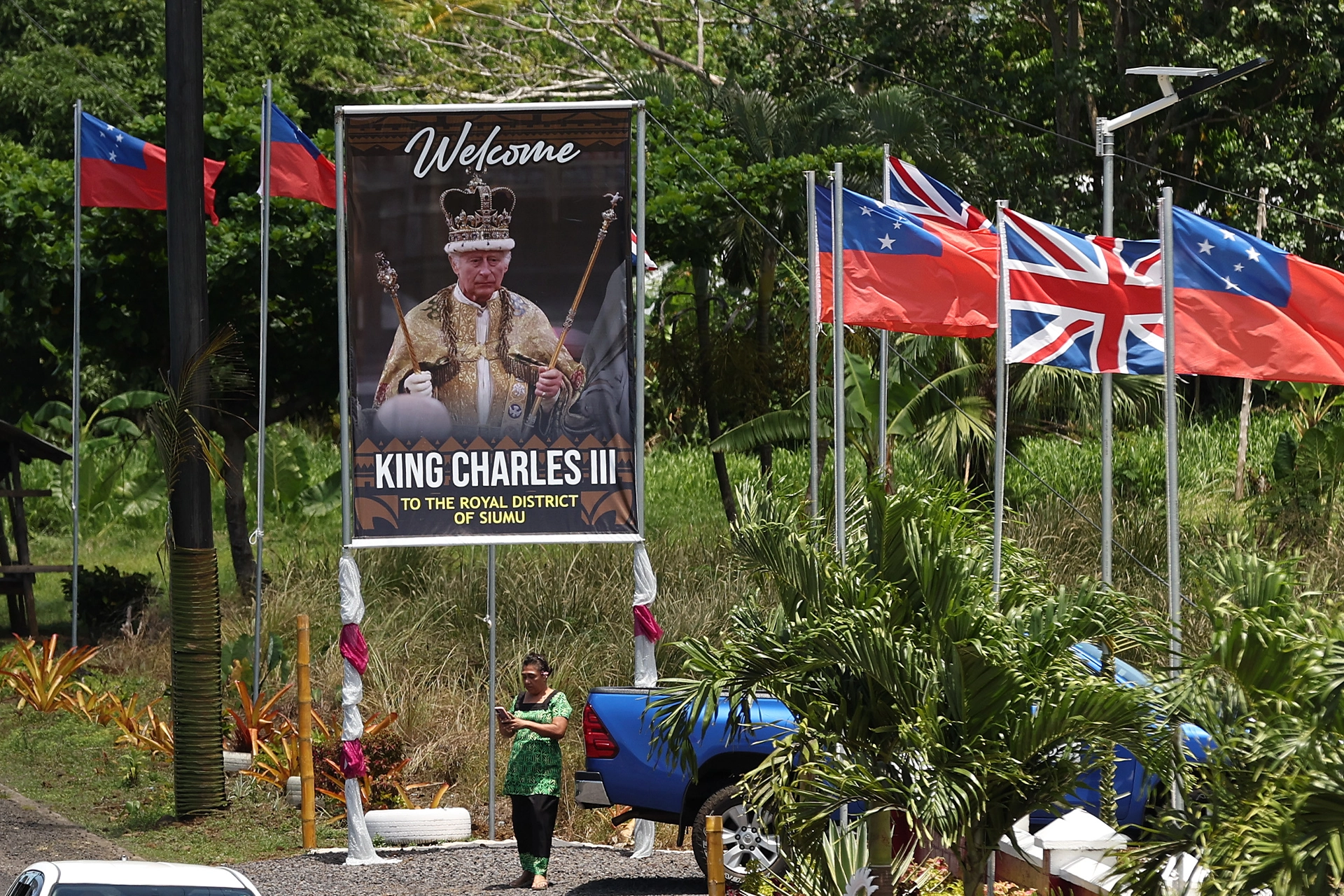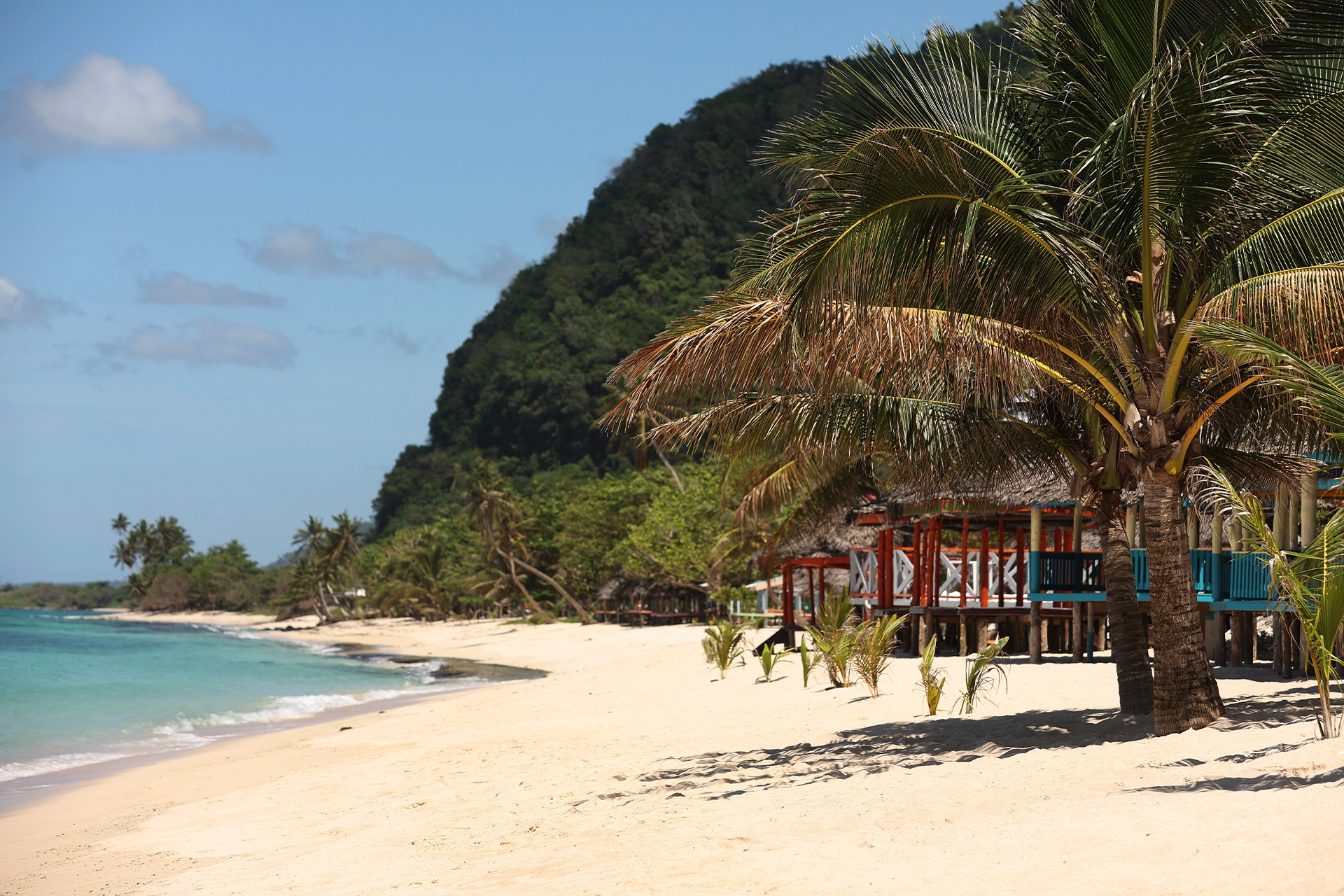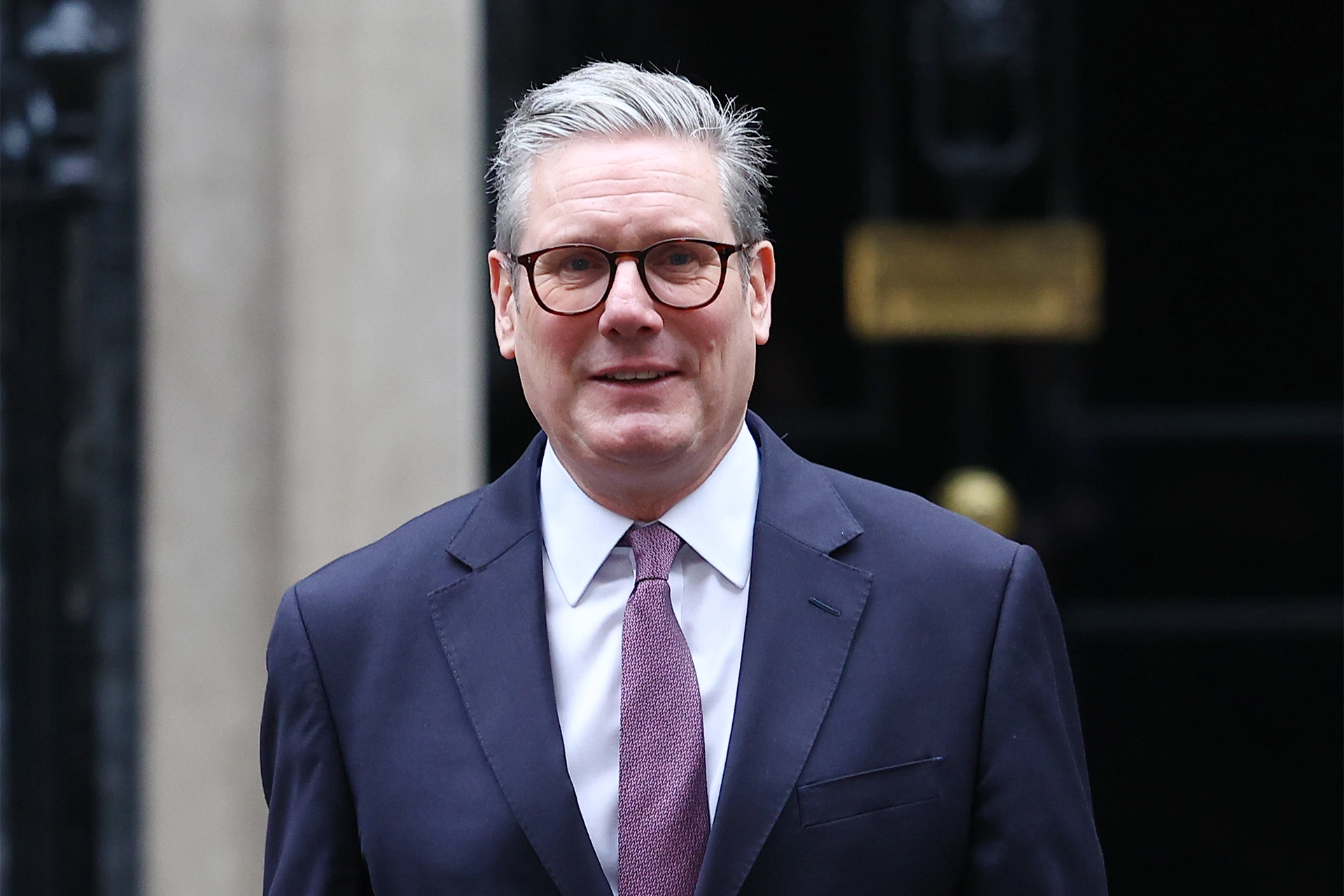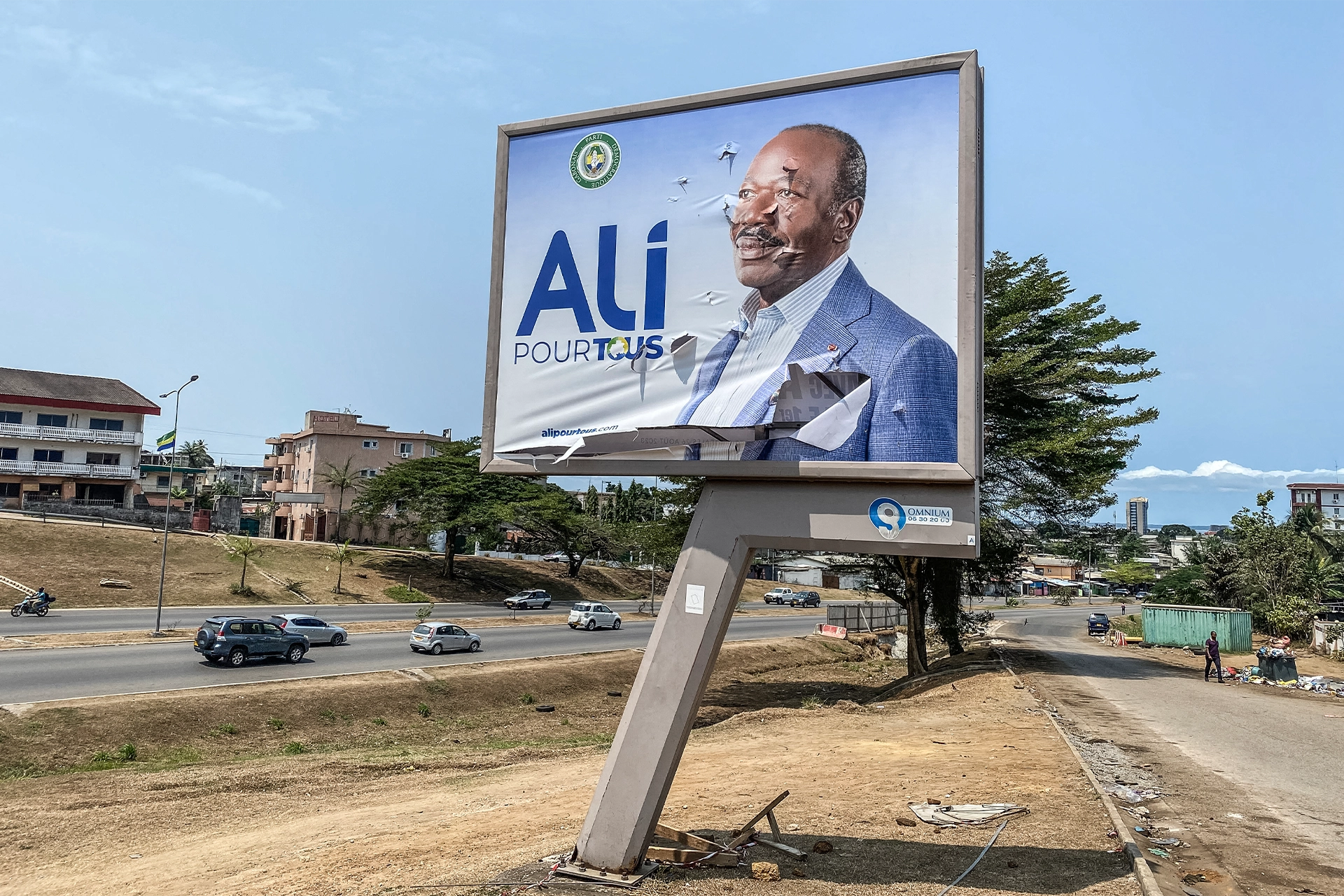
Politics & Society
The rights and wrongs of CHOGM 2022

CHOGM 2024 in Samoa is King Charles’ first as Head of the Commonwealth, and along with climate change, development and human rights, reparation for slavery has entered the discussion
Published 24 October 2024
The first Commonwealth Heads of Government Meeting (CHOGM) with King Charles III as the head of the Commonwealth starts tomorrow, 25 October, in Apia, the capital of Samoa. And it is the actions – or inactions – of the United Kingdom that has piqued the media’s interest.
CHOGM is the biennial meeting of Commonwealth leaders, where they deliberate on common issues in the 56 Commonwealth countries around a chosen theme.

But not all leaders will be present in Samoa – for example, neither India nor South Africa will be represented by their prime ministers, who will be attending the BRICS summit instead.
There are a few firsts at CHOGM 2024.
It is the first meeting for King Charles following the death of previous Commonwealth head Queen Elizabeth II in 2022. There is no automatic right for her descendants to head the association, but in 2018 Commonwealth leaders agreed to elevate the next British monarch to this role, a decision that did not go unquestioned.
More significantly, it is the first CHOGM to be held in a Pacific Small Island Developing State – a region at the forefront of advocacy around climate change.
The media, however, has focussed on an issue that, according to a UK government spokesperson last week, is not even on the agenda – reparations for slavery.
This reflects the concerns of the Caribbean Community, whose Ten Point Plan for reparatory justice for enslavement includes a full formal apology and the cancellation of international debt.

Politics & Society
The rights and wrongs of CHOGM 2022
Despite the UK government stance reported last week, a Commonwealth spokesperson has said: “Reparatory justice … may be discussed at CHOGM, if any government proposes it.”
The Prime Minister of Barbados, a Commonwealth member, is strongly pushing for reparations. A group of British Prime Minister Keir Starmer’s own MPs is supportive of reparatory justice being raised.
Commonwealth countries are also grappling with modern slavery – a term that covers a range of harms including human trafficking, child labour and forced marriage. Civil society organisations have called on the Commonwealth to address the factors that contribute to making people vulnerable to modern slavery, including climate change and migration.
CHOGM’s 2024 theme is ‘One Resilient Common Future: Transforming our Common Wealth’. The word ‘our’ is important – before the official discussions involving heads of government begin at the end of the week, there are a vast array of events designed to address this theme.
At these fora, representatives from Commonwealth accredited organisations, governments, youth leaders and business leaders are having vibrant and vital discussions on climate change, health, gender-based violence, economic empowerment, the role of civil society and freedom of expression.
It remains to be seen which of these concerns, including reparatory justice, will find their way into the official CHOGM Communiqué that will be adopted at the close of the leaders’ discussions. It is likely, given the location of the host, that climate change, sea-level rise and the Pacific will feature, as it did in the 2022 CHOGM Communiqué.

Another issue of concern is restrictions on freedom of expression, particularly the media, in Commonwealth countries.
In 2022, Commonwealth Law Ministers recommended the adoption of the Commonwealth Principles on Freedom of Expression and the Role of the Media in Good Governance. Representatives from Commonwealth accredited organisations are calling on the leaders to endorse these principles as a fundamental aspect of the Commonwealth’s political values.
And of course, as with any family, there is always the question of what to do about absent members.
Gabon – admitted to the Commonwealth in June 2022 – was ‘partially suspended’ by the Commonwealth’s ‘enforcement’ arm, the Commonwealth Ministerial Action Group (CMAG) in September 2023.
This may be a record time in any international organisation between a state’s admission and exclusionary measures being imposed.
Gabon fell afoul of the Commonwealth’s values as a result of a military coup against President Ali Bongo that saw the military declare Bongo’s victory in the 2023 presidential election void due to concerns about the credibility of the vote. This partial suspension excludes Gabon from attending CHOGM.

The action taken against Gabon raises three issues for the Commonwealth.
First, while Gabon is not the first Commonwealth country to face sanctions from CMAG, including suspension, its short-lived period as a full member must cause doubt as to whether it should have been admitted in the first place.
Second, and more broadly, CMAG’s action against Gabon reinforces the fact that the unconstitutional removal of a government is one of the few situations where CMAG will ‘enforce’ the Commonwealth’s values.
However, there are other human rights violations in the Commonwealth – this was recognised by CMAG when it highlighted human rights violations during the COVID-19 pandemic, including the ‘massive increases in gender-based violence’. Should these violations be given greater recognition on CMAG’s agenda in the future?
There is a delicate balancing act here – family members who leave sometimes return to the fold. When Maldives and Zimbabwe faced similar sanctions to Gabon they withdrew from the Commonwealth rather be excluded by CMAG.

Maldives rejoined the Commonwealth in 2020 and Zimbabwe is looking to follow in its footsteps – despite disquiet about its record on human rights and democracy.
Third, it is fundamental that any sanctions adopted by international organisations are accompanied by measures to encourage change – in this respect, the transitional leader in Gabon has promised to hold elections in 2025.
How far will the Commonwealth go to deal with these myriad issues?
A panel member at the Commonwealth People’s Forum on health justice began his answer to a question from the audience with another: “Does the Commonwealth have the courage to …?”
Discussions during the first two days of events involving representatives from civil society, government, the Commonwealth Secretariat and accredited organisations have been exciting, challenging and, importantly, demanding of change.
We wait to see whether Commonwealth heads of government will address their concerns.